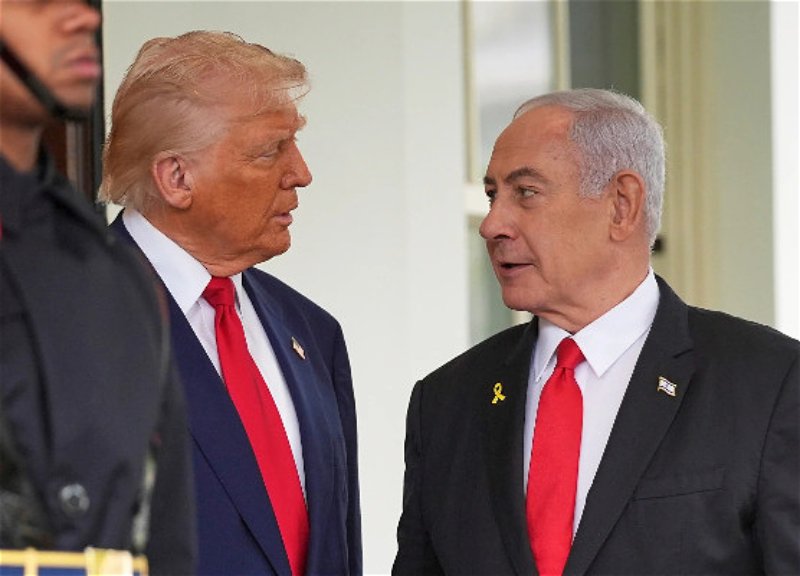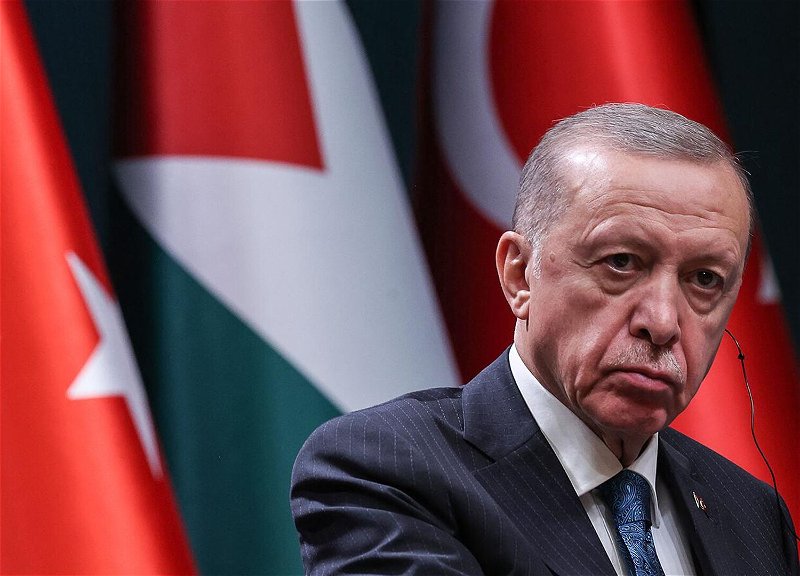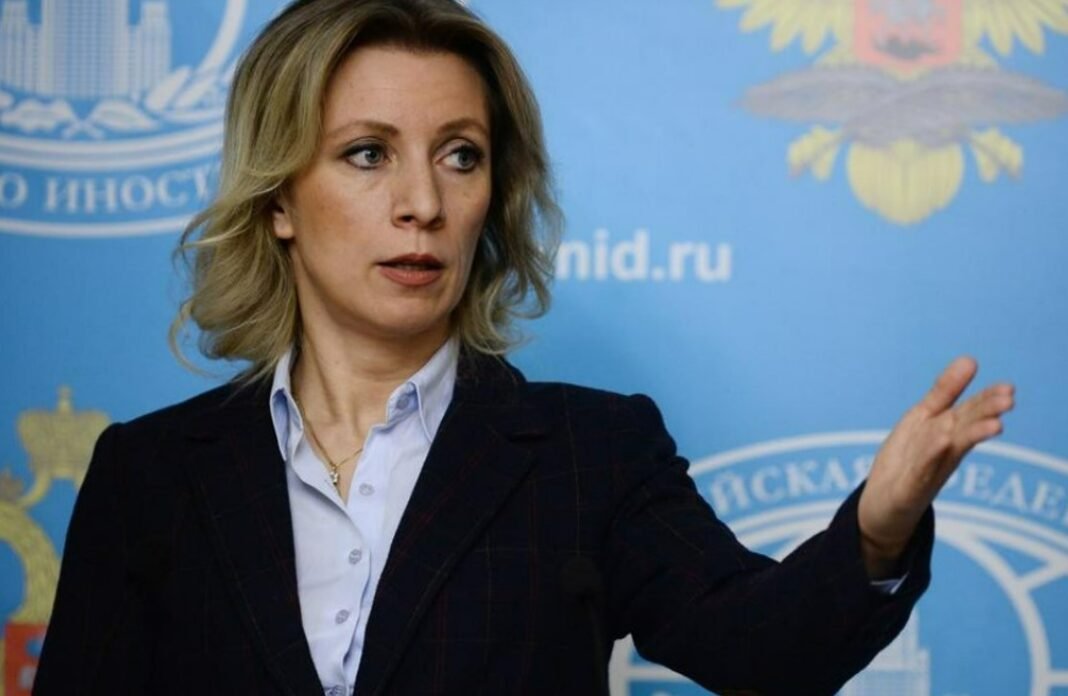WASHINGTON, July 17 — U.S. President Donald Trump personally called Israeli Prime Minister Benjamin Netanyahu following a deadly Israeli Defense Forces (IDF) strike on the only Catholic church in the Gaza Strip, expressing strong disapproval of the incident, according to White House Press Secretary Karoline Leavitt.
Speaking at a briefing, Leavitt confirmed the phone call and said Netanyahu told President Trump that the strike was unintentional. “The president’s reaction to that explanation was not positive,” she stated.
The Israeli strike, reportedly carried out by a tank unit, hit the Church of the Holy Family in Gaza City, the sole Catholic place of worship in the enclave. The attack killed three civilians and wounded nine others. The IDF attributed the incident to a targeting error, saying the church was not the intended target.
However, skepticism remains. “We are not convinced it was a mistake—they hit the church directly,” said Cardinal Pierbattista Pizzaballa, Latin Patriarch of Jerusalem, in an interview with Vatican News. He described the attack as a profound violation of humanitarian and religious norms.
The incident has drawn sharp criticism from Christian leaders worldwide, as well as human rights organizations, many of whom have called for an independent investigation. “This is not an isolated case—religious sites, hospitals, and schools in Gaza have suffered repeated strikes,” said a spokesperson for Human Rights Watch. “Dismissing these incidents as mistakes without accountability undermines civilian protections in conflict.”
The Church of the Holy Family had been sheltering dozens of Christian families who sought refuge there amid continued hostilities. The strike on the church has intensified international concern about the conduct of Israeli military operations in densely populated civilian areas.
While the Biden administration faced criticism during its tenure for its handling of the Gaza conflict, the Trump administration has publicly demanded greater restraint from Israel in recent weeks. The president’s direct intervention signals growing frustration in Washington with the humanitarian fallout of the ongoing conflict.
Religious and humanitarian leaders have warned that attacks on sacred sites could escalate tensions further and damage Israel’s already strained international standing. “Some places must remain off-limits, even in war,” said Cardinal Pizzaballa. “Striking a church crosses that line.”




